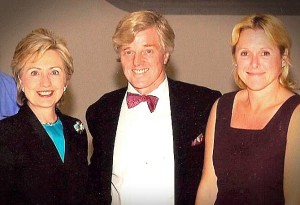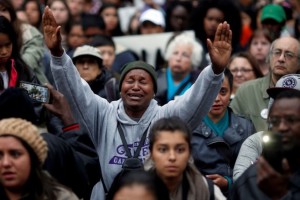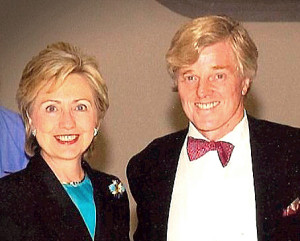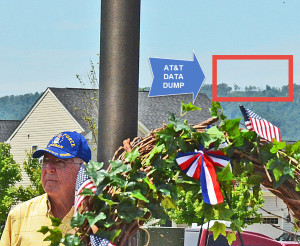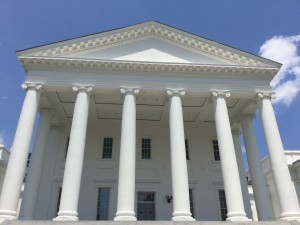 Justice is really much more unequal and arbitrary than as advertised, especially if you can’t afford to hire your own counsel.
Justice is really much more unequal and arbitrary than as advertised, especially if you can’t afford to hire your own counsel.
I’ve been active in the National Association of Criminal Defense Lawyers (NACDL), served on their Board of Directors some time ago, and we described ourselves as “Liberty’s Last Champions.”
We represent those who have the resources to defend themselves and those who don’t.
Among our most worthy public defenders, years ago, was an NACDL member from Louisiana who said he couldn’t represent a client effectively, not within the bounds of ethical conduct, or the constitution, told this to the Louisiana courts, confessed that he was ineffective to represent the indigent clients that he was assigned to represent because the public defender’s office had not the resources to handle the cases, not the computer power, not the time to research the law, not the investigators to help prepare the facts of the case to determine whether a defense or a negotiated plea was the correct course. Louisiana reformed its system, and they’re going through another iteration as I write this.
But Virginia hasn’t gotten the message.
There is an outstanding lawyer who serves as a public defender in Loudoun County, is as efficient as one could possibly be, smart as could be at the law, and has a current case load of 178 cases.
Others in the public defenders office have similar caseloads.
Imagine what it takes to coordinate 178 different legal cases, to do so thoughtfully, to investigate and research them, on statutory and court regulated deadlines.
Consider also how motivated a public defender must be to overcome the fact that they are being paid, on average, $15,000 less a year than the Assistant Commonwealth Attorneys.
One of the critical phases of representation for an Accused who can’t pay for counsel is the bail that permits them to be free while the charges are pending.
We say that the Accused is innocent but we act quite the opposite way when setting bail, it appears to be about everything else, and the standard in many cases is not whether the Accused will show up, or presents a danger to himself or to others.
You should understand, when there is a bail hearing, and especially for a person who can’t afford counsel, he or she usually doesn’t come to court, they sit in a room with a tv at the Adult Detention Center, in a prison jump suit, watching and responding on a tv feed to the tinny sounding proceedings in a court room across town.
The communications at such bail hearings between a public defender and the Accused is non-existent.
You might think that the Accused receives a copy of the criminal complaint stating the charge and the brief affidavit of probable cause – why they were charged. But the Commonwealth gives the Accused as little information as possible.
Recently, I got “open file” discovery in Loudoun, meaning I get to look at “everything,” so they say, but they want me to copy it with a pen and paper, no xeroxing please, wouldn’t make available a copy, no, you can’t move that file, and, on this last go round, while looking at the file, there was a tab for a search warrant for a cell phone belonging to my client, but neither the warrant nor the supporting affidavit was in the “open file,” and I was told afterwards to get it from the court file. So much for that part about serving the Accused with a warrant when invading his 4th Amendment right to be let alone.
It is little wonder that the ACLU of Virginia recently issued a report, titled, “Unparalleled Power,” because of “events in Virginia and across the country [that] have sparked conversations about racial injustices, mental illness, the failure of the War on Drugs, and the enormous unnecessary cost of mass incarceration.”
The report charges that Commonwealth Attorneys in Virginia have “consistently resisted change,” meaning “common sense reforms,” and instead “lobbied the General Assembly to ramp up the failed war on Drugs.”
It’s a fixed game pretty much when, according to the ACLU, the Commonwealth Attorneys “have the authority to to decide how many charges a person will face at trial, and whether those charges will carry mandatory minimums.”
The ACLU doesn’t even think to suggest the judges rein in the prosecutors – as they hardly ever do.
The ACLU wrote, “prosecutors are rarely sanctioned for ethical or constitutional violations.”
Houston we have a problem but, unlike, NASA we don’t seem to have the gumption to solve it.

